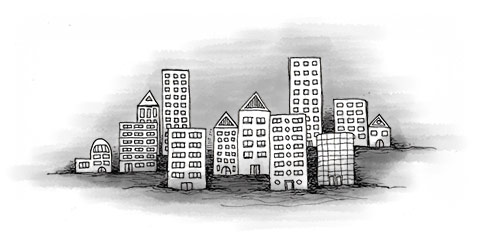If you are searching for your own rental home, the first step is obviously to narrow down the area you want to live in. Angola’s capital, Luanda, is home to the majority of expats in the country. In Luanda, Luanda Sur and Miramar are the most popular areas for foreigners.
Outside of the capital, expats are discovering Angola’s other cities, especially Huambo in the centre of the country and Lubango in the south.
Before you arrive
Searching for housing online is often the first route for expats, as it can be done before you arrive. There are several websites which list rental properties in Angola, but they don’t have large portfolios:
- Mondinion - lists property for sale and for rent
- World Estate - has a few properties for rent and sale
- Arkadia - lists property in Luanda and other major cities
If you anticipate staying in a hotel for your first weeks in Angola, remember they should be booked upto a month in advance. Oil companies often book entire floors for their staff, so finding vacancies can be tough.
Arriving in Angola
Once you are in Angola, the search is made easier by having direct contacts ‘on the ground’. Network with other expats and contact your embassy or chamber of commerce to find trusted real estate agents.
Estate agents will likely have properties to let as well as those for sale. An agent will know the area and be able to liaise with landlords or developers on your behalf. This is particularly useful if you don’t speak Portuguese.
Aside from estate agents, expats can go straight to the source of accommodation, the developers. It may be possible to rent directly from a developer, or they will have their own agent to deal with contracts and fees.
Be aware, just like rent, transaction costs when arranging a rental contract are very high. For instance, a landlord will typically ask for two years rent in advance as a deposit.
You can also find property advertised in classified ads in newspapers. Most are in Portuguese but a few are in English. Jornal de Angola is a daily paper, and Angolense is a weekly paper. Both of these are in Portuguese, but the Zambezian is an English paper available both online and in print.

